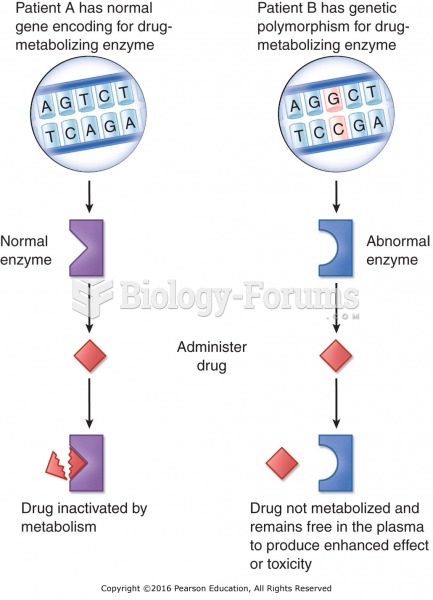Answer to Question 1
People who are wealthy, are well educated, and have high-paying jobs are much more
likely to be healthy than are poor people. As people's economic status increases, so
does their health status. The poor have shorter life expectancies and are at greater risk
for chronic illnesses such as diabetes, heart disease, and cancer, as well as infectious
diseases such as tuberculosis. Children born into poor families are at much greater risk
of dying during their first year of life. Most of the poor do not receive preventive
medical and dental checkups many do not receive adequate medical care after they
experience illness or injury. Many high-poverty areas lack an adequate supply of
doctors and medical facilities. Some charity clinics and hospitals may provide indigent
patients (those who cannot pay) with minimal emergency care but make them feel
stigmatized in the process. For many of the working poor, medical insurance is out of
the question. Many lower-paying jobs are often the most dangerous and have the
greatest health hazards. Analysts suggest that people with higher income and wealth
tend to smoke less, exercise more, maintain a healthy body weight, and eat nutritious
meals. As a category, more-affluent persons tend to be less depressed and face less
psychological stress, conditions that tend to be directly proportional to income,
education, and job status. Good health is basic to good life chances in turn, adequate
nutrition is essential for good health. Hunger is related to class position and income
inequality. Between 33 and 50 percent of all children living in poverty consume
significantly less than the federally recommended guidelines for caloric and nutritional
intake. Lack of adequate nutrition has been linked to children's problems in school.
Answer to Question 2
b







